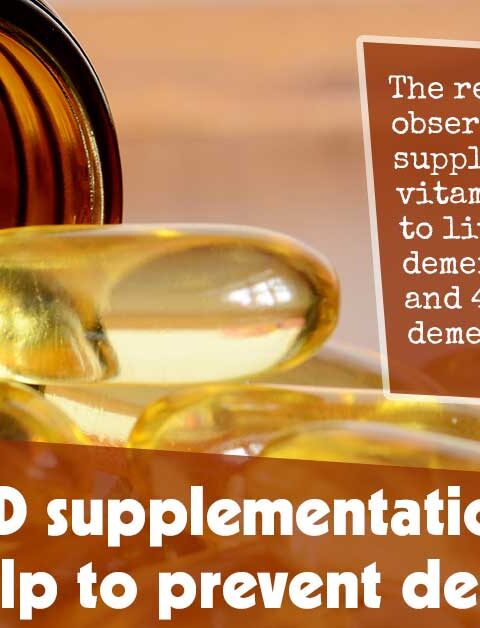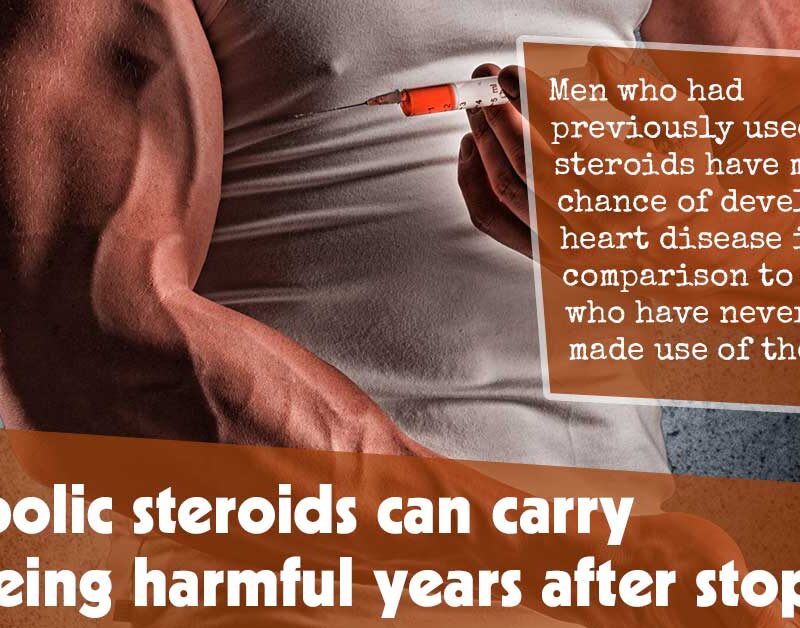The Lingering Dangers of Anabolic Steroids: Long-Term Harm Even After Cessation
Anabolic steroids can have severe adverse side effects during use, including depression and heart failure; furthermore, two studies conducted after individuals had previously used anabolic steroids have documented its harmful effect on individuals years after quitting use. Anabolic steroids, artificial hormones that mimic testosterone’s naturally-occurring sex hormone properties, are used for improving athletic performance and …













